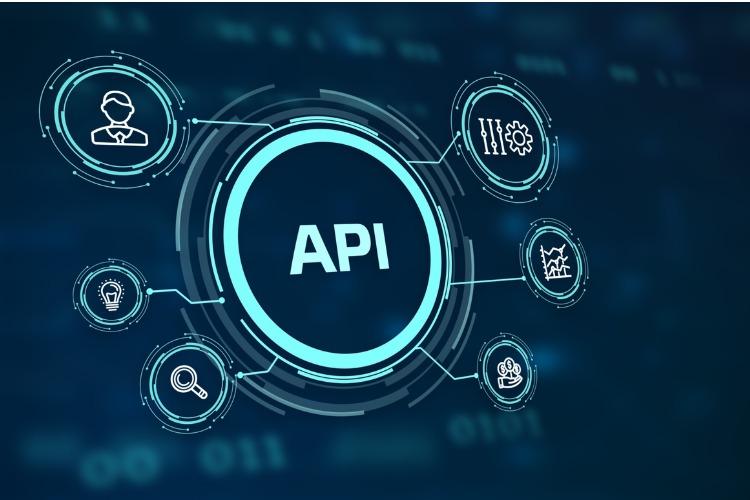5 Compelling Reasons To Consider API Integrations In Your Business
Are you looking for ways to streamline processes and automate workflows in your business? Integrating Application Programming Interfaces is becoming increasingly popular among businesses due to the many benefits it brings. Doing so can make day-to-day operations run more efficiently without having to invest in additional infrastructure, personnel, or software. In this article, we will discuss the five compelling reasons why implementing API could be a valuable addition to your business.
What Is An API Exactly?
An Application Program Interface is a useful communication interface between software applications. It is a set of tools and protocols that allows two different programs to integrate with each other, enabling developers to create efficient systems for their own purposes. These tools allow applications to access data and add sophisticated functions without having to write complex code from scratch.
Some common examples, in this regard, are Google Maps and Twitter APIs, both of which allow developers to use their respective services to build apps that have greater utility. They can also be used for data management, enabling businesses to effectively share information within their networks and beyond.
5 Arguments In Favor of API Implementation
#1 It improves customer experience
API integration improves customer service by allowing businesses to provide clients with more tailored and consistent experiences. In an instant, users receive the information they need or want seamlessly, reducing their wait times and frustrations too. Not only that but utilizing application programming interfaces also helps to streamline processes, making it easier for customers to interact with your product or service.
#2 It facilitates innovation
With the help of APIs, businesses can easily incorporate cutting-edge technologies into their existing setup, improving the efficacy and accuracy of their operations. The ability to seamlessly access up-to-date data allows organizations to develop groundbreaking products and services faster. Plus, API integration makes it easier to keep clients informed about developments promptly, furthering innovation and enhancing customer relations.
#3 It empowers customization
Another substantial benefit of application programming interfaces is that they empower customization. For example, a business can integrate its sales software with an independent payment processing app so customers have the options to pay by credit card or using other forms of digital payment. Because personalized interfaces are easier for customers to navigate, API integration can increase both user satisfaction and loyalty.
#4 It opens opportunities for automation
When automated, systems can streamline functions such as data entry and update information in real time, helping speed up processes and reduce errors. By taking away manual labor from mundane tasks, application programming interfaces can free up employees to focus on more valuable work. They also open doors to integrating third-party applications such as Amazon Marketplace or PayPal into existing operations — something that could otherwise be cost-prohibitive due to staffing standards.
#5 It enhances security
Last but not least, API integration into your business's IT systems offers a reliable and secure way of managing data flow between software applications. As a single integrated solution, API connection can maintain secure communication with all connected applications, by way of an authentication process. It creates seamless, end-to-end encryption of all data transaction protocols, meaning any risks to sensitive information, confidential customer details, or proprietary company assets from malicious external sources are minimized. With application programming interfaces, your business's digital infrastructure can remain industry compliant and reliable at all times.
Tips for Successful Integration of APIs In Your Business
If we have convinced you that API integration is something worthy, here are a few tips on how your business can get started with it:
- Define your business goals: Before you even start looking at application programming interfaces, it's important to take a step back and think about what your business goals are. What problems are you trying to solve? What do you hope to achieve by integrating an API into your business? Once you have a good understanding of your goals, you'll be in a much better position to choose the right solution.
- Turn to professionals: If you want to make the most out of APIs, enlisting the help of a qualified development team is a must. With specialized experience, the team will be able to create a custom-built solution that is tailored to fit your exact needs. This will make integration much smoother and simpler as the solution will align perfectly with the existing systems.
- Choose the right integration approach: Once you've got an API, it's time to start thinking about how you're going to integrate it into your business. There are two main integration approaches: direct and indirect. The former is when you build the API into your products and services. The latter, in turn, is when you use the API to power a separate application or service that sits on top of your products and services.
- Test, test, test: Before you go live with your API integration, it's important to thoroughly test it. This includes testing both positive and negative scenarios. For example, if you're integrating an order management system with an e-commerce platform, you'll want to test what happens when an order is placed successfully as well as what happens when it fails.
Final Thoughts
To sum it up, if you're serious about streamlining your business processes, API integration is the way to go. Not only does it offer increased efficiency and cost savings, but it also gives you greater control over customer data. Plus, the whole endeavor doesn't have to be complicated or time-consuming. With the right strategies in place, your business can quickly reap the benefits of API integration!

